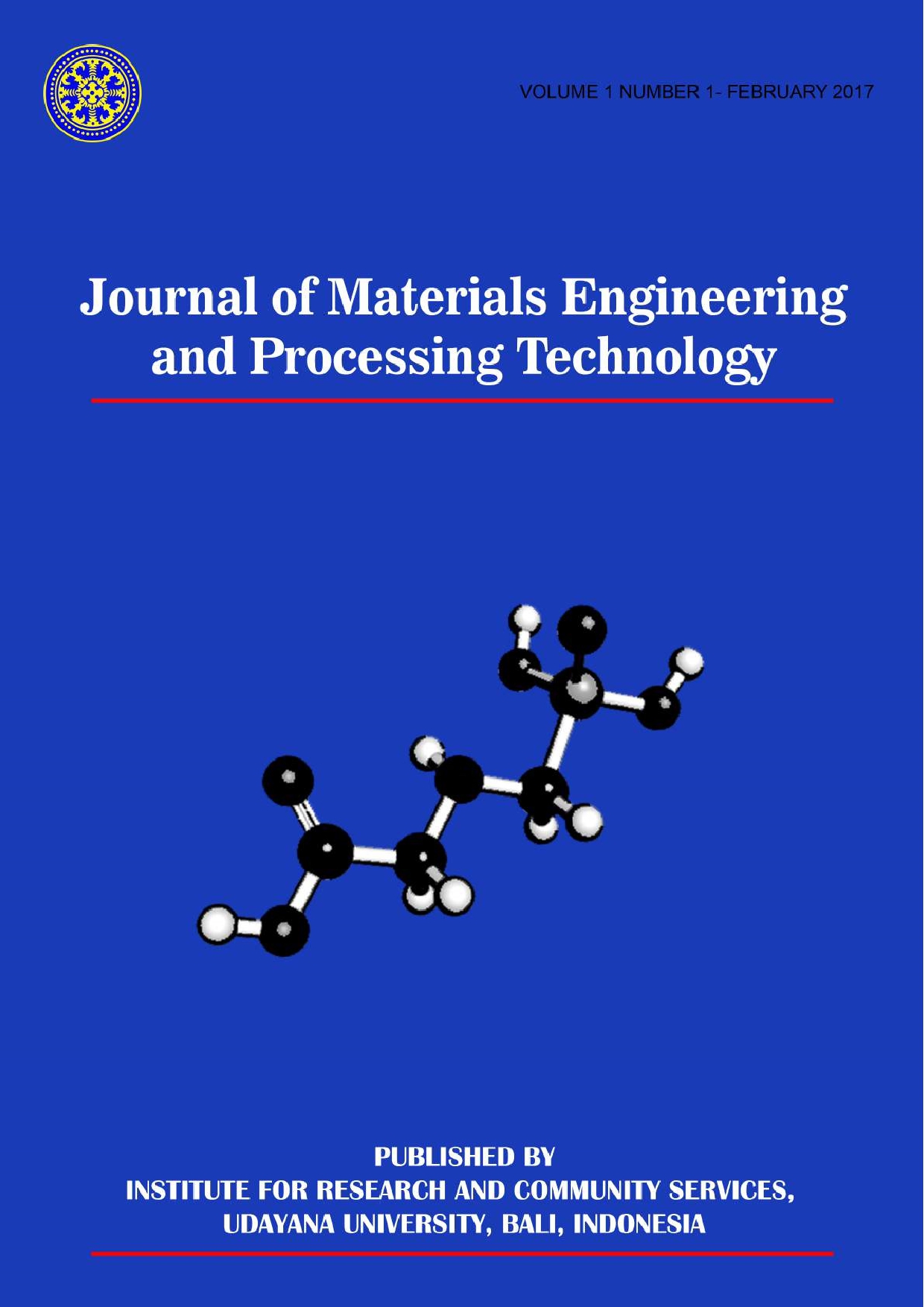Water Filtration Method Using Membrane Microfiltration Based Hybrid Composite Material
Abstract
Departing from efforts to improve the quality of raw water using natural ingredients that are most likely to be developed further is moringa seeds and coconut shell activated carbon. Hybridization of both the reinforcing material was developed in this study, with the binder using Poly (vinyl) alcohol (PVA). The purpose of this material hybridization based on the ability of each ingredient to reduce the negative compound in water to obtain a membrane filter that has multifunction in separation and adsorption. In this study, the presence of the test equipment is one important component in terms of testing the feasibility of composite membranes that are designed to improve water quality associated with that suitable for consumption. Water prototype system with a laboratory scale installation designed and manufactured using the experimental method. Furthermore, for the microfiltration membrane-based hybrid composites designed manufactured using variations of the ratio of the weight fraction (wt%) of 60: 40% wt. Results of testing the membrane is in the form of feasibility and membrane performance test tools both physically and mechanically. Turbidity test results of samples No. 2 showed a decrease of 28.89 NTU turbidity, down 15% from the control with the average value of 34.108 NTU. The use of samples 1, 2, and 3 for 2 hours to reduce the bacteria E. Coli in water, but tend to increase the number of coliform bacteria in water.
Keywords: Water filtration, microfiltration membranes, hybridization, composite, moringa seeds, activated carbon.



